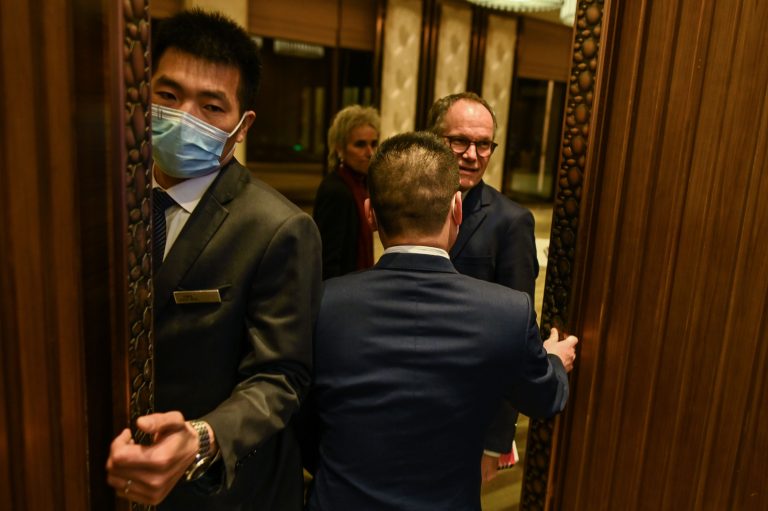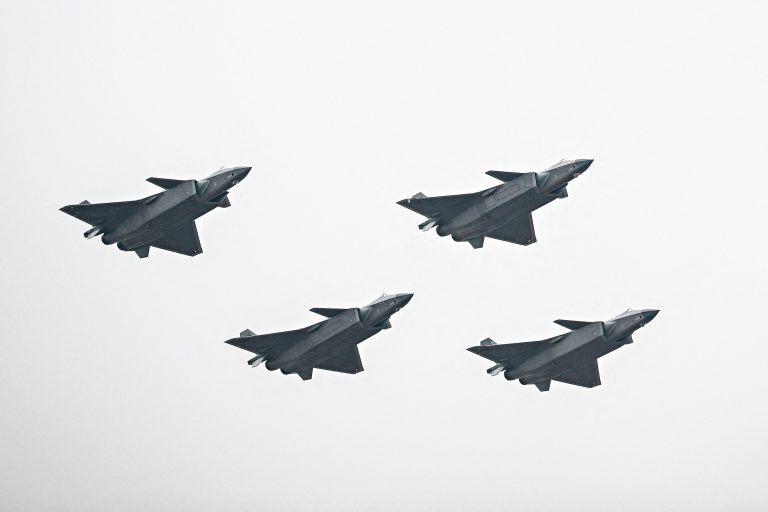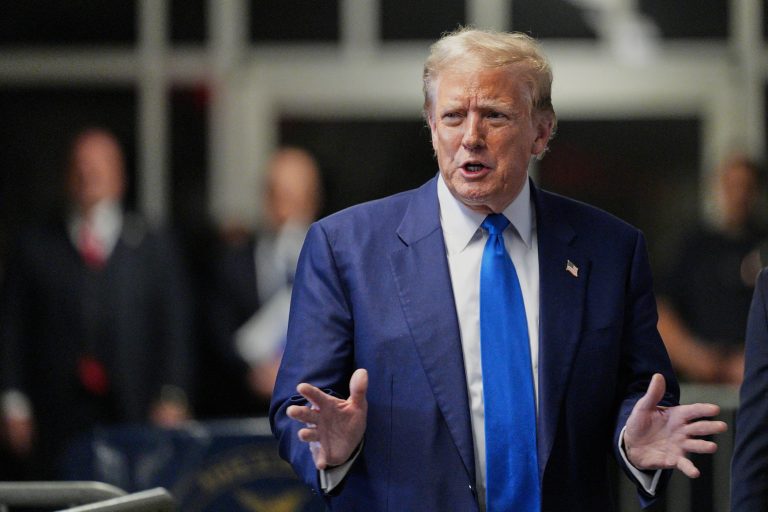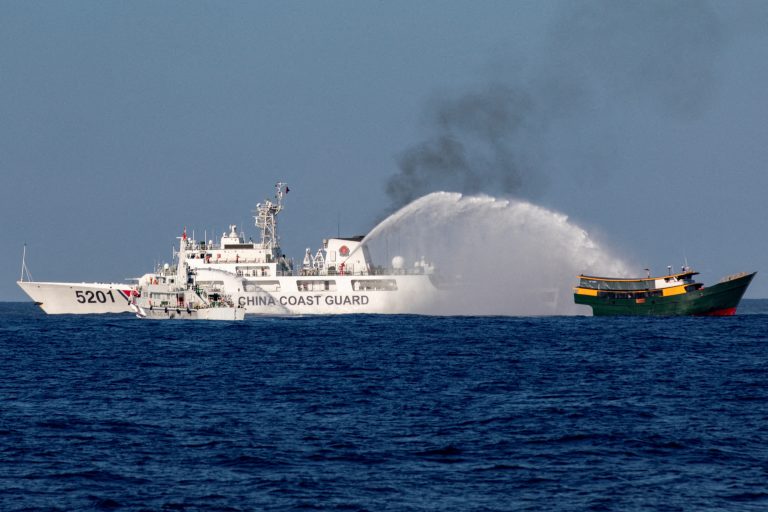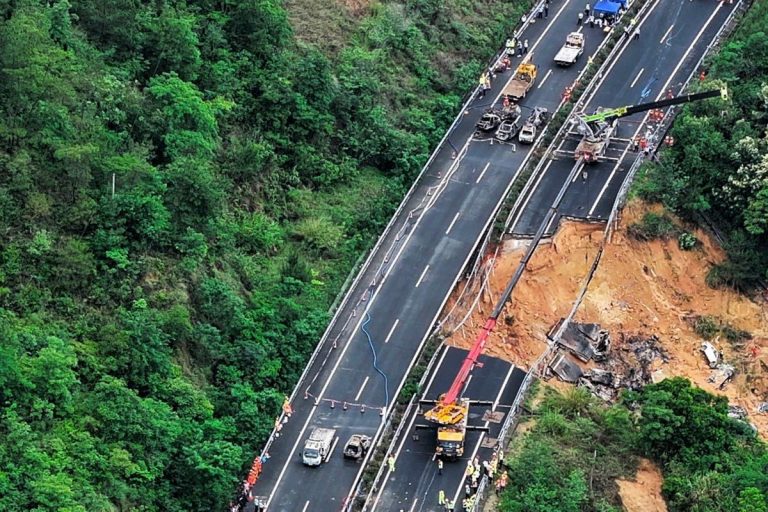The World Health Organization (WHO) has decided not to release an interim report on its recent investigation into origins of the coronavirus in China, reports The Wall Street Journal. The decision is said to have been taken as the organization faces increasing pressure from scientists around the world who demand a more comprehensive investigation.
Political tensions between Washington and Beijing have also played a role in the decision. A full report will be released in coming weeks.
In a Voice of America article, Peter Ben Embarek, who led the investigation in China is quoted as saying, “To clarify, there was never a plan for an interim report, first of all…It was hoped we would get a summary report out” but “the director-general [Tedros Adhanom Ghebreyesus] will receive that report from the team in the near future and we will discuss the recommendations.”
Recently, an international group of 26 scientists in the fields of zoology, virology, genetics and biophysics wrote an open letter asking the Chinese government to provide investigative freedom for a new WHO investigation team to explore the origin of COVID-19 as well as allow access to data on coronavirus infections from early 2020.
As explained in the letter, the WHO team that conducted the investigation in February was prevented from examining critical evidence. Beijing refused to hand over necessary data and team members were given reports prepared by government-approved scientists, eliminating the possibility of a true investigation.
Success
You are now signed up for our newsletter
Success
Check your email to complete sign up
The letter points out that the final report from the joint study will likely be a consensus agreed upon by the 17 Chinese members and 17 international members. Chinese members are inevitably under the influence of Beijing leading to a “compromise”, based partly on politics, that the two sides will agree upon.
Additionally, the selection of international members in the squad did not include a thorough check for any conflict of interest. The letter further asks that a new team be allowed access to key Wuhan markets, Chinese labs linked to coronaviruses, important pathogen sampling sites like the Mojiang mine, and so on.
“The joint team did not have the mandate, the independence, or the necessary accesses to carry out a full and unrestricted investigation into all the relevant SARS-CoV-2 origin hypotheses – whether natural spillover or laboratory/research related incident…We are also concerned that the joint team’s work has been inaccurately reported by the media as an independent investigation whose conclusions reflect those of the WHO,” the letter states.

The letter goes on to point out that more than a hundred million people have been infected by COVID-19 worldwide and two million people have died. The pandemic is causing massive disruption among the most vulnerable populations. They warn that if a true examination into the origin is not conducted, the world risks being unprepared for an even bigger potential pandemic in the future.
Challenge to end the pandemic
The much-anticipated end of the coronavirus pandemic might not arrive as soon as desired. Chris Murray, a University of Washington disease expert, had been hoping that vaccines would eventually help the world achieve herd immunity and reduce transmission of the virus. However, recent data from a vaccine trial conducted in South Africa showed a potential reduction in effectiveness due to a rapidly spreading variant which could evade an individual’s natural immunity gained through past infection. Murray warns that if a South African variant or similar strain were to spread rapidly, the number of infections and deaths from the virus during winter could be four times greater than the flu.



